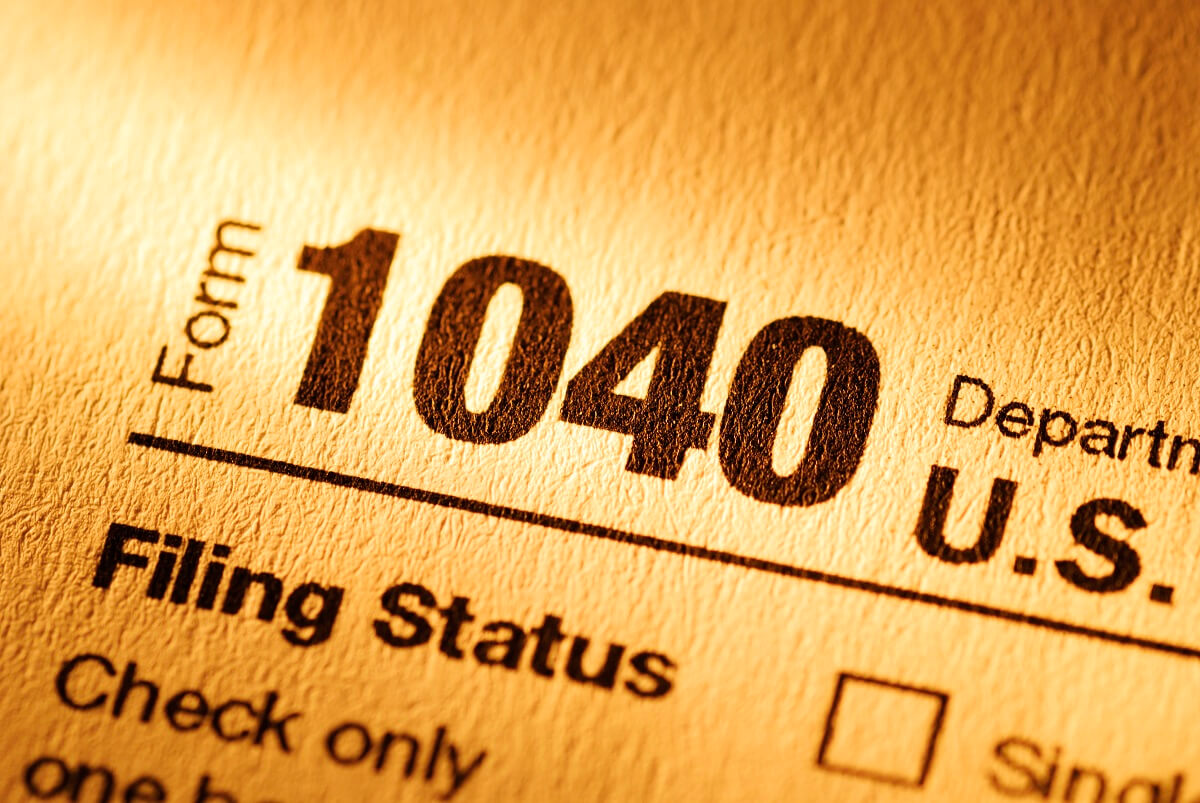Home>Finance>Audit Committee: Definition, How They’re Used, And Purpose


Finance
Audit Committee: Definition, How They’re Used, And Purpose
Published: October 10, 2023
Looking for a clear definition of audit committees in finance? Discover their purpose and how they are commonly used in the finance industry.
(Many of the links in this article redirect to a specific reviewed product. Your purchase of these products through affiliate links helps to generate commission for LiveWell, at no extra cost. Learn more)
Unlocking the Power of Finance: Understanding the Role of Audit Committees
When it comes to managing finances, businesses cannot afford to take any chances. Ensuring accuracy, accountability, and transparency in financial matters is of utmost importance. That’s where audit committees come into the picture. In this article, we will dive deep into the world of finance and explore the definition, usage, and purpose of audit committees. Let’s unlock the power of finance together!
Key Takeaways:
- Audit committees play a crucial role in maintaining the integrity of financial reporting.
- These committees are responsible for overseeing internal and external audits, risk management, and compliance.
What is an Audit Committee?
Imagine a scenario where a company’s financial statements are like a puzzle, and the audit committee is the master puzzler. An audit committee is a group of independent experts appointed by a company’s board of directors to oversee financial reporting and ensure compliance with legal and regulatory requirements. They serve as the bridge between the company, management, internal auditors, and the external audit firm.
How are Audit Committees Used?
Audit committees are used in a variety of ways to fulfill their responsibilities and promote financial integrity. Let’s take a closer look at how they are used:
- Ensuring Financial Accuracy: Audit committees are responsible for reviewing financial statements to ensure accuracy and reliability. They scrutinize the accounting policies, practices, and any significant or unusual transactions to minimize the risk of errors or fraud.
- Overseeing Internal and External Audits: These committees provide oversight for both internal and external audits. They evaluate the performance and independence of the external audit firm while working closely with internal auditors to identify areas of improvement and ensure compliance with auditing standards.
- Risk Management: Audit committees assess and manage the company’s financial risks. They study internal control systems, identify potential risks, and implement measures to mitigate those risks effectively.
- Promoting Compliance: Compliance with legal and regulatory requirements is critical for every business. Audit committees ensure that the company adheres to applicable laws, regulations, and ethical practices by reviewing compliance programs and implementing procedures to address any violations.
- Communication Channel: Audit committees act as a communication channel between the board of directors, management, internal auditors, and the external audit firm. They relay important information, address concerns, and facilitate effective collaboration.
The Purpose of Audit Committees
The primary purpose of an audit committee is to enhance the credibility and quality of financial reporting. By providing independent oversight, these committees help maintain public trust in the company’s financial statements. The key objectives of audit committees include:
- Improving financial transparency and integrity
- Strengthening internal controls and risk management processes
- Promoting compliance with laws and regulations
- Enhancing the effectiveness of internal and external audit functions
In summary, audit committees are vital for businesses to ensure accurate financial reporting, manage risks, and maintain compliance. Their role goes beyond numbers; they act as guardians of transparency and trust. By understanding the definition, usage, and purpose of audit committees, businesses can pave the way for a solid financial foundation.














